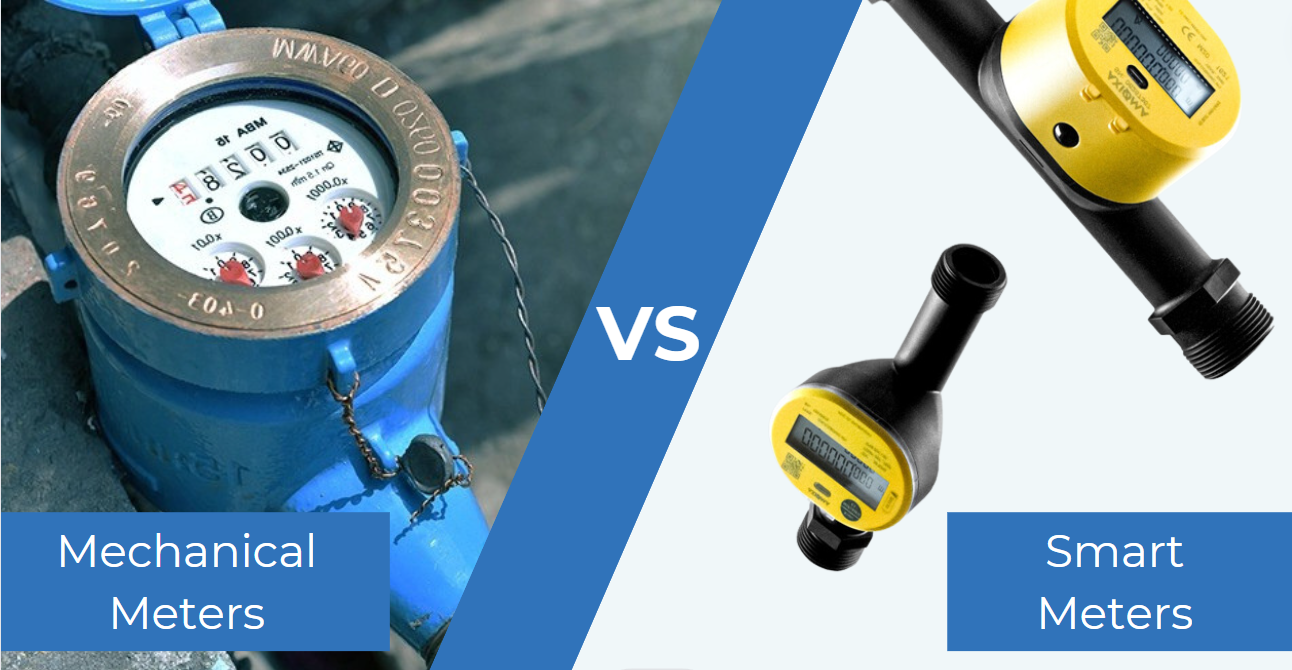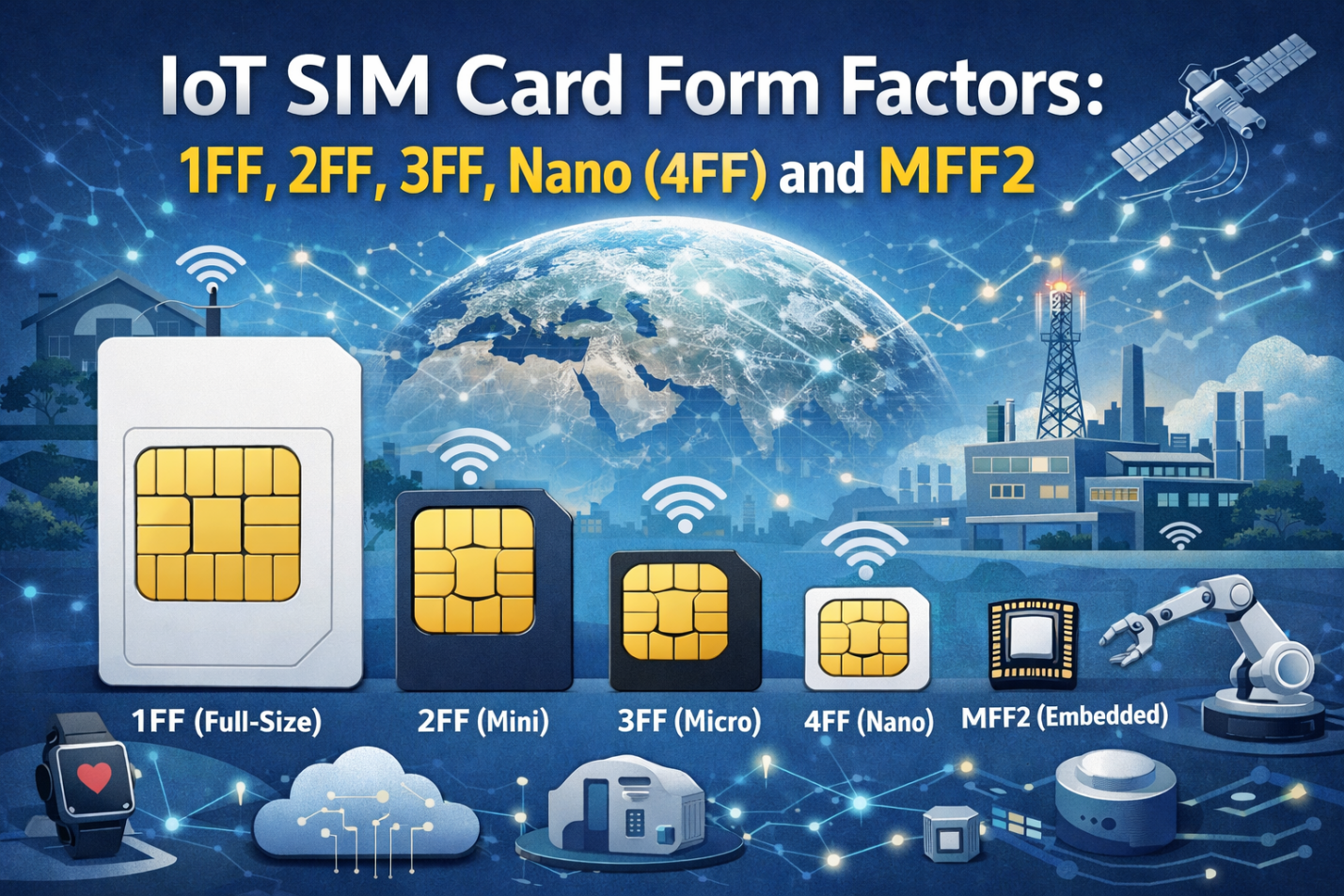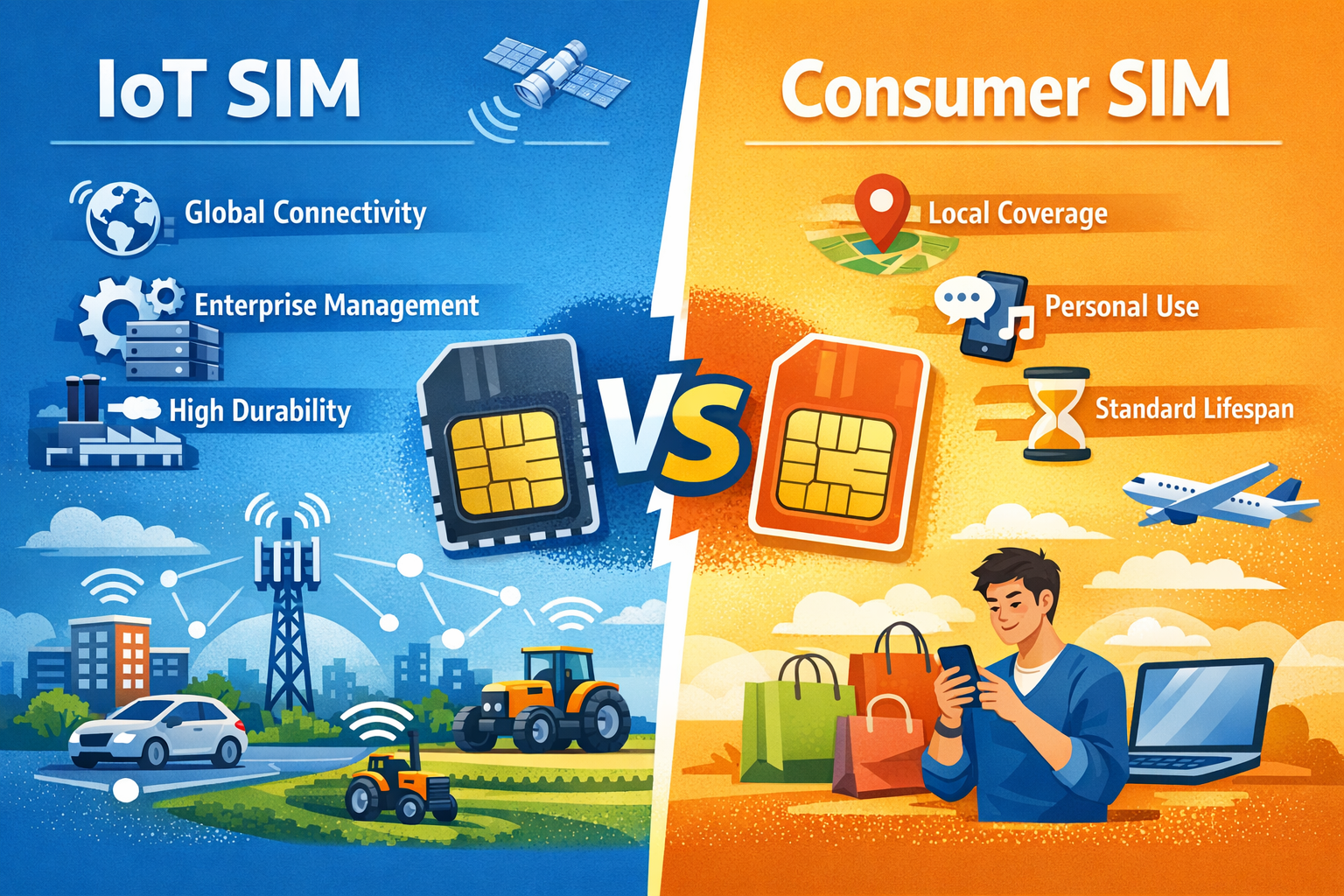1. Introduction
Water is one of the most precious resources in the world, and yet it remains one of the most wasted. Rapid urbanization, population growth, and climate change have all placed immense pressure on global water supplies. Municipalities and utility companies face the dual challenge of ensuring equitable distribution and minimizing losses due to leakage, theft, or inaccurate billing. Traditional water management systems—heavily reliant on manual meter reading and legacy infrastructure—are no longer sufficient.
Enter smart water management, a paradigm shift powered by the integration of advanced metering technology, Internet of Things (IoT) connectivity, and real-time data analytics. At the heart of this shift lies the smart water meter—a device capable of automatically recording water consumption and transmitting this information to utility providers without the need for manual intervention.
But the true power of smart water meters comes when they are paired with IoT SIM cards. These specialized SIMs, designed for machine-to-machine (M2M) communication, provide reliable, secure, and scalable connectivity. With IoT SIM-enabled smart water meters, utilities can track consumption in real time, detect leaks instantly, reduce operational costs, and empower consumers with data-driven insights.
This article explores why IoT SIM cards are essential to the success of smart water metering, how the technology works, its benefits, challenges, and the future of smart water management.
2. What Are Smart Water Meters?
A smart water meter is an advanced metering device that uses digital technology to measure and record water consumption more accurately than traditional meters. Unlike mechanical meters, which require human intervention for monthly or quarterly readings, smart meters automatically capture usage data and transmit it via wireless communication.
Traditional vs Smart Water Meters
- Traditional water meters: Require manual readings, prone to human error, and often only provide cumulative consumption data.
- Smart water meters: Provide automated, real-time data, detect leaks or abnormal consumption, and integrate with cloud-based platforms.
Features of Smart Water Meters
- Automated Meter Reading (AMR): No need for manual visits.
- Two-Way Communication: Utilities can not only receive data but also send commands.
- Real-Time Monitoring: Instant alerts for leaks, backflow, or tampering.
- Data Analytics Integration: Support for demand forecasting, billing, and conservation planning.
By replacing legacy infrastructure, smart water meters are transforming the way utilities interact with their customers and manage their resources.
3. Why Smart Water Meters Need IoT SIM Cards
SmaSmart water meters are no longer just about recording consumption—they are the backbone of modern water management. However, without reliable connectivity, their full potential cannot be realized. This is where IoT SIM cards come in.
IoT SIM cards provide the secure, always-on, and scalable connectivity that enables smart water meters to transmit real-time data on consumption, leaks, and system performance. Utilities can monitor networks remotely, detect issues instantly, and optimize resources with data-driven insights.
By combining smart water meters with IoT SIM cards, water companies can achieve:
- Accurate billing through automated meter readings.
- Leak detection that prevents water loss and infrastructure damage.
- Operational efficiency by reducing manual site visits.
- Customer transparency with real-time usage insights.
In short, IoT SIM cards transform smart water meters into intelligent, connected devices that drive efficiency, sustainability, and smarter water management.
4. Key Benefits for Utilities & Consumers
Benefits for Utilities
- Cost Savings: Reduced need for manual meter readers.
- Water Loss Reduction: Real-time alerts cut non-revenue water losses.
- Efficient Resource Allocation: Data-driven planning and infrastructure investment.
- Improved Customer Trust: Accurate, transparent billing builds stronger customer relationships.
Benefits for Consumers
- Transparency: Users can monitor their daily or even hourly water usage.
- Leak Alerts: Instant notifications reduce household water damage.
- Sustainability: Encourages responsible consumption habits.
- Convenience: No more estimated bills or waiting for manual readings.
By aligning utility efficiency with consumer empowerment, IoT SIM-enabled smart water meters create a win-win ecosystem.
5. Technologies Behind IoT SIM Connectivity
IoT SIM cards leverage different cellular technologies to provide robust connectivity.
- NB-IoT (Narrowband IoT): Ideal for devices with low data requirements and long battery life.
- LTE-M (Cat-M1): Supports mobility and voice, useful in smart city deployments.
- 2G/3G fallback: Ensures coverage in areas where new networks are not yet available.
- Private APN & VPN: Secure channels for sensitive data transmission.
- Global Roaming: Single SIM can connect across multiple carriers worldwide.
These technologies ensure that smart water meters remain connected under various conditions, from urban centers to remote villages.
6. Use Cases & Real-World Examples
Municipal Water Utilities
Cities adopting IoT-enabled smart meters report a reduction in non-revenue water loss by up to 40%.
Industrial Water Management
Factories can optimize water use in production processes, reducing waste and cutting costs.
Emerging Markets
In regions like Africa and Asia, where manual readings are costly and infrastructure is limited, IoT SIM cards make smart water metering both feasible and scalable.
Case Study Example
A utility in East Africa deployed IoT SIM-powered smart meters and achieved a 98% automated meter reading success rate, reducing operational expenses by 30%.
7. The Future of Smart Water Metering
Looking ahead, smart water metering will evolve alongside emerging technologies:
- Integration with AI: Predictive analytics for water demand forecasting and infrastructure planning.
- Role of 5G: Ultra-low latency and high bandwidth will enable advanced smart city applications.
- Blockchain for Billing: Secure, transparent transactions between utilities and consumers.
- Sustainability Goals: Supporting global initiatives to conserve water and combat climate change.
As cities grow smarter, water management will remain a central pillar of urban resilience.
8. Smart Water Meter Solutions by Zhongyi IoT
At Zhongyi IoT, we deliver end-to-end solutions that integrate Smart Water Meters with IoT SIM Cards, helping water utilities and smart city projects achieve digital transformation in water management.
Our IoT SIM cards provide secure, reliable, and globally connected networks that allow smart water meters to transmit real-time data seamlessly. This ensures utilities can monitor consumption, detect leaks, and optimize operations anytime, anywhere.
Key Benefits of Zhongyi IoT Smart Water Meter Solutions:
- Seamless Connectivity: Always-on IoT SIM cards with global coverage ensure reliable communication for every smart water meter.
- Real-Time Monitoring: Utilities gain instant visibility into water usage, leaks, and anomalies, enabling proactive responses.
- Operational Efficiency: Automated meter reading reduces costly site visits and manual labor.
- Cost Reduction: Data-driven insights help minimize water losses and improve resource allocation.
- Customer Engagement: Consumers enjoy transparent, accurate, and real-time billing information.
- Scalable & Flexible: Our IoT solutions are designed to support projects of any size, from local utilities to nationwide deployments.
With Zhongyi IoT’s smart water meter connectivity solutions, you can move beyond traditional water management to achieve greater efficiency, sustainability, and customer satisfaction.
Whether you are a utility provider, a smart city planner, or a technology integrator, Zhongyi IoT is your trusted partner for next-generation smart water management solutions.



